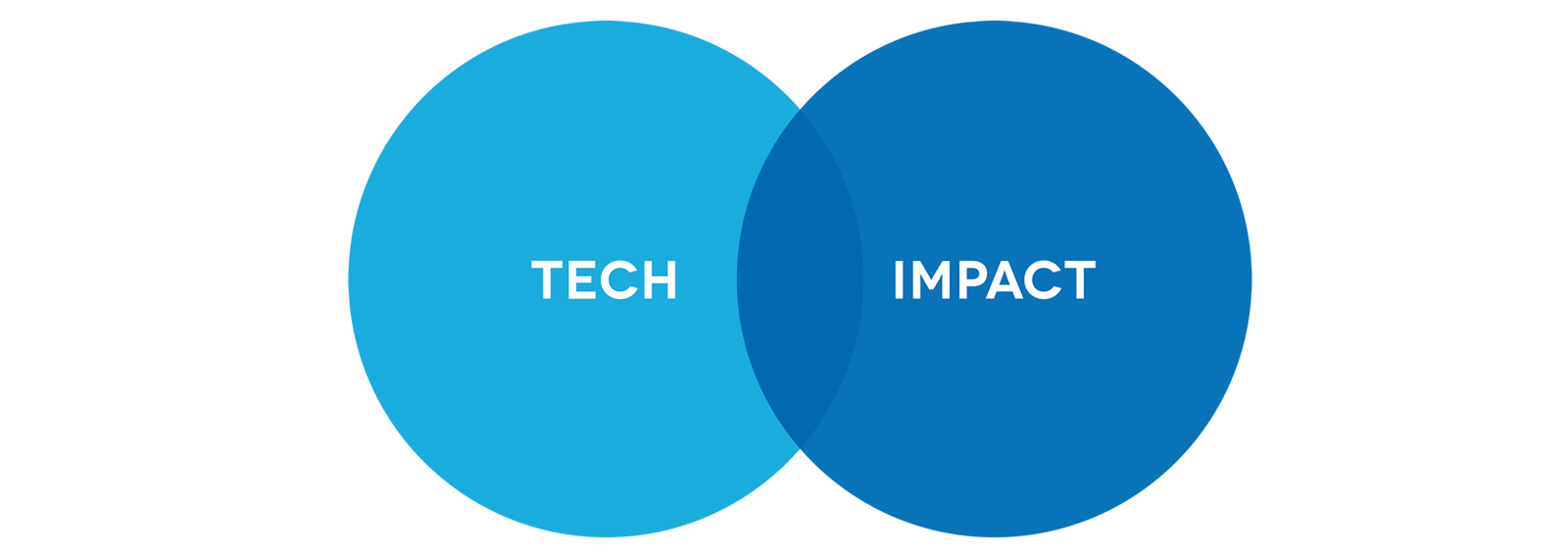
216.9K
Downloads
517
Episodes
Nonprofit News, Tech & Marketing Stories from Whole Whale, a Nationally Recognized Nonprofit Marketing Agency for over a decade. Founded in 2010, Whole Whale is a B-Corp that runs analytics, digital advertising, Google Ad Grants, and SEO for nonprofits.
Nonprofit News, Tech & Marketing Stories from Whole Whale, a Nationally Recognized Nonprofit Marketing Agency for over a decade. Founded in 2010, Whole Whale is a B-Corp that runs analytics, digital advertising, Google Ad Grants, and SEO for nonprofits.
Episodes
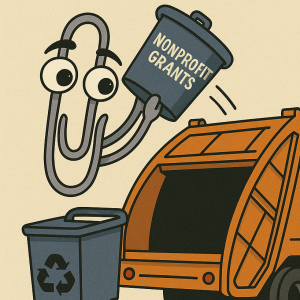
Wednesday May 21, 2025
Alert: Microsoft 365 Grant Cancelled & What you need to know
Wednesday May 21, 2025
Wednesday May 21, 2025
Understanding Microsoft Nonprofit Licensing Changes: Survival Guide and Solutions In this episode, Joshua Pesky, the Chief Product Officer at RoundTable, discusses with George the partial termination of Microsoft's grants program around Office 365 licenses. The discussion covers the impact on nonprofits, the timeline for changes, and possible solutions for affected organizations. Joshua explains the importance of checking license statuses through the admin portal and suggests alternatives like using web applications, Google Suites, or open-source software to mitigate costs. The episode also delves into the broader implications of tech expenses in the nonprofit sector and offers practical advice for managing these upcoming changes. 00:00 Introduction and Overview 00:02 Microsoft's Licensing Changes Explained 01:19 Impact on Organizations 02:37 Timeline and Deadlines 03:09 Options and Solutions 05:37 Navigating the Admin Portal 09:03 Financial Implications 09:50 Nonprofit Sector Challenges 11:17 Security and Obfuscation 12:10 Practical Advice and Final Thoughts 17:18 Survival Guide and Final Remarks
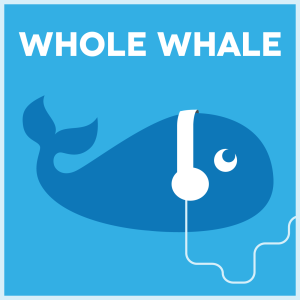
Sunday May 18, 2025
Taxes & Bill(s) & Foundations, oh my! (news)
Sunday May 18, 2025
Sunday May 18, 2025
Gates Foundation's Bold Plan and Legislative Challenges for Nonprofits
In this week's episode of the Nonprofit Newsfeed, George and Nick dive into significant developments affecting the nonprofit sector. The discussion kicks off with Bill Gates' groundbreaking announcement regarding the Gates Foundation, the largest American foundation by asset volume. Gates revealed plans to dissolve the foundation by December 2045, aiming to spend down its entire endowment of over $200 billion. The foundation will focus on three key goals: reducing preventable maternal and childhood deaths, eradicating deadly infectious diseases, and alleviating poverty. This decision is driven by cuts in U.S. foreign aid and the pressing need for immediate action in health and human development.
Gates' approach reflects a shift in philanthropy, emphasizing immediate impact over legacy preservation, reminiscent of Mackenzie Scott's philanthropic strategy. This move is seen as both radical and necessary, aligning with the current urgency in addressing global challenges.
The episode also covers legislative developments that could impact nonprofits. A provision in the House budget bill, dubbed the "One Big Beautiful Bill," could grant the executive branch broad powers to revoke 501(c)(3) status from nonprofits without due process. This echoes past legislative attempts and raises concerns about potential executive overreach, particularly targeting organizations involved in immigration, gender rights, and other contentious areas.
Additionally, the bill proposes taxing investment income from large endowments, affecting major foundations and universities. While intended to address equity issues, critics argue it could harm philanthropic efforts by redirecting funds away from charitable work.
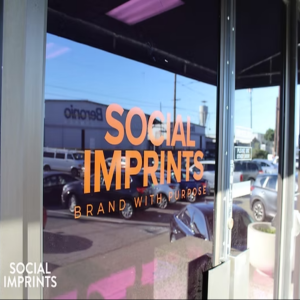
Monday May 05, 2025
The June Cliff for Nonprofit SWAG | Social Imprints
Monday May 05, 2025
Monday May 05, 2025
Social Imprints CEO Jeff Scheinbein warns of an impending June "cliff" for the promotional products industry as Chinese tariffs threaten to disrupt the $25 billion swag market. As a workforce development company where 85% of employees face employment barriers, Social Imprints exemplifies the American social enterprise success story now at risk from trade policies. Scheinbein explains that contrary to political narratives, manufacturing can't simply shift to the US overnight - the infrastructure doesn't exist and would take decades to develop, putting nonprofits and businesses alike in jeopardy when current inventory runs out.
For nonprofits, who "live and die by the bag" at conferences, this disruption threatens a crucial donor engagement strategy. Scheinbein highlights why promotional products offer exceptional ROI: they create a sense of belonging and tribal identity while providing affordable advertising compared to traditional media campaigns. As he explains, outfitting 10,000 people with branded shirts costs just $7-9 per item - turning supporters into walking billboards for your cause at a fraction of what conventional advertising would cost.
Beyond economic concerns, Scheinbein shares that successful promotional products like tote bags (with Trader Joe's boat totes being the single most popular promotional item in the US) and hats deliver the highest visibility, while eco-friendly and socially responsible items represent growing industry trends that align perfectly with nonprofit values.

Monday May 05, 2025
Whole Whale Went to NTC! A Chat About the State of the Nonprofit Sector.
Monday May 05, 2025
Monday May 05, 2025
Nonprofit Technology Conference Insights: Navigating Change and Building Community Resilience
In this special episode of the Nonprofit Newsfeed, Whole Whale's Nick hosts colleagues Axel and Kathleen as they share experiences and insights from the recent Nonprofit Technology Conference (NTC), hosted by NTEN. This premier event for nonprofit technology professionals highlighted the sector's adaptability and resilience in the face of rapid technological and political changes.
Main Topics and Guests:
- NTC Overview: Kathleen introduces NTC as a key event for nonprofit technology, emphasizing its role in networking and understanding sector challenges.
- Key Takeaways: Axel discusses NTC's focus on adapting to current events, including political and budgetary changes, and the strategic use of technology like AI to enhance nonprofit operations.
Critical Insights:
- Adapting to Change: Both speakers noted the conference's emphasis on addressing immediate challenges facing nonprofits, such as economic and political shifts impacting funding and operations.
- AI and Technology Integration: The conference underscored AI's growing role in nonprofit strategies, from fundraising to narrative building. Sessions explored how AI tools can be tailored to nonprofit needs, highlighting both opportunities and ethical considerations.
- Community and Resilience: The speakers emphasized the importance of community and collaboration among nonprofits to build resilience and adapt to ongoing challenges. The conference provided a platform for open dialogue and strategic planning.
Reflections and Calls to Action:
- Building Resilience Together: Kathleen and Axel stress the need for nonprofits to engage in community-driven efforts to navigate uncertainty, urging professionals to attend such events to foster collaboration and innovation.
- Embracing Technological Tools: The discussion encourages nonprofits to leverage technology strategically, ensuring it aligns with their mission and community needs.

Monday May 05, 2025
What Happens When A 501(c)3 Loses Their Status? 🧐 (news)
Monday May 05, 2025
Monday May 05, 2025
Nonprofit News Podcast Recap: The Threat to 501(c)(3) Status and Social Media Strategies
In this week's episode of Nonprofit News Feed, hosts George and Nick delve into critical topics affecting the nonprofit sector. The discussion kicks off with an exploration of the potential repercussions for nonprofits if they lose their 501(c)(3) status—a concern highlighted by recent political maneuvers and threats to organizations like Harvard and Wikipedia. They discuss the dire consequences of such a status loss, including becoming taxable entities, losing tax-deductible donation incentives, and facing new tax obligations.
The conversation shifts to the concerning control of social media narratives by influential figures, specifically Elon Musk's manipulation of Twitter's algorithm (now X). The hosts unpack how this affects nonprofits' strategies on social platforms, emphasizing the need for organizations to reconsider their engagement and content strategies in light of these changes.
Additionally, the episode addresses the alarming $400 million funding cut from AmeriCorps, impacting over a thousand organizations and thousands of volunteers. This move threatens the vital volunteer infrastructure supporting disaster relief and community projects across the nation.
In a lighter segment, the hosts highlight a successful nonprofit initiative that rescued over 6,000 pounds of food from an NFL draft event, redistributing it to local shelters—a testament to the impact of food recovery programs.
Key Takeaways:
- The potential loss of 501(c)(3) status could devastate nonprofits, affecting their financial viability and operational capabilities.
- Nonprofits must navigate social media platforms carefully, especially under the influence of unpredictable leadership like Elon Musk.
- Significant cuts to AmeriCorps funding underscore the precarious state of volunteer-driven initiatives.
- Positive initiatives in food recovery demonstrate the sector's ability to address food insecurity creatively.

Monday Apr 28, 2025
How to turn Supporter Stories into 3.5x Donations | PosterChild.ai
Monday Apr 28, 2025
Monday Apr 28, 2025

Monday Apr 28, 2025
Monday Apr 28, 2025
The Corporate Capture of Carbon Footprints: A Nonprofit Perspective
In the latest episode of the Nonprofit Newsfeed, hosted by George and Nick from Whole Whale, the discussion takes a thought-provoking turn towards the concept of "corporate capture" and the real origins of the term "carbon footprint." This episode delves into how corporations, particularly British Petroleum (BP), have strategically shifted the focus of environmental responsibility onto consumers. George Weiner reveals that the term "carbon footprint" was not coined by environmental activists but was part of a $200 million PR campaign by BP in the early 2000s. This revelation highlights the concept of "guilt washing," a tactic that deflects systemic environmental issues onto individuals, thus masking the broader corporate responsibility for climate change.
Key Insights and Reflections:
- Corporate Influence on Environmental Narratives: The episode uncovers how major corporations have historically influenced environmental discussions to avoid regulatory scrutiny, using terms like "carbon footprint" to redirect blame.
- The Role of Individual vs. Systemic Change: George emphasizes the importance of understanding the systemic causes of environmental degradation, suggesting that while individual actions matter, they are not the sole solution.
- Pope Francis' Environmental Advocacy: The episode also pays tribute to the late Pope Francis, recognizing his significant contributions to environmental advocacy.
Additional Stories:
- Revival of the Ice Bucket Challenge: The Ice Bucket Challenge has made a comeback, this time raising awareness for mental health issues through the #SpeakYourMind campaign by University of South Carolina students.
- Generational Shifts in Charitable Giving: A recent Associated Press poll reveals a potential "generosity crisis" with younger Americans giving less to charity, raising questions about cultural shifts in philanthropy.

Friday Apr 11, 2025
Friday Apr 11, 2025
In this week's episode of Nonprofit Newsfeed by Whole Whale, George and Nick dive into an engaging discussion packed with insights for nonprofit enthusiasts.
AI in Fundraising: The conversation shifts to an intriguing experiment reported by TechCrunch, where Sage Future, backed by Open Philanthropy, tasked AI models with fundraising for charity. These AI agents, with human oversight, raised $270 for Helen Keller International by engaging in tasks like setting up social media accounts and creating promotional content. While AI's role in automating communication is acknowledged, the hosts caution against over-reliance due to potential brand risks, especially for sensitive issues.
Environmental Advocacy: The episode touches on the historical narrative of leaded gasoline and its eventual phase-out in 2021, highlighting the critical role of governmental oversight in protecting public health. The hosts use this story to emphasize the importance of maintaining robust environmental regulations.
USDA Grant Freeze Impact: A pressing issue discussed is the USDA's grant freeze, which has left nonprofits like Pasa Sustainable Agriculture in financial turmoil. With $3 million in unpaid reimbursements, the organization had to furlough most of its staff, underscoring the dire consequences of such funding disruptions on local communities and farms.
Community-Driven Violence Prevention: The Circle of Brotherhood's innovative efforts in Miami's Liberty City are celebrated for their community-based approach to violence prevention. By providing unarmed, de-escalative security services, the organization works alongside local youth centers to foster a safer environment, demonstrating the power of community engagement over traditional security methods.
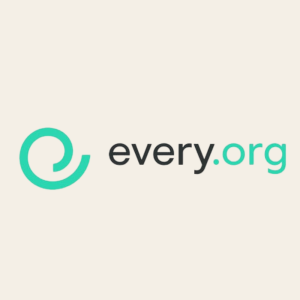
Tuesday Apr 08, 2025
Building a Free Donation Platform: The Story Behind Every.org with Alison Fine
Tuesday Apr 08, 2025
Tuesday Apr 08, 2025

Saturday Apr 05, 2025
Saturday Apr 05, 2025
Navigating Nonprofit Challenges: Political Pressures, Greenwashing, and AI Innovations
In the latest episode of Nonprofit Newsfeed by Whole Whale, hosts George and Nick delve into pressing issues affecting the nonprofit sector, from political pressures to environmental challenges and technological advancements.
Key Topics and Insights:
-
Political Attacks on Nonprofits:
- The episode highlights the increasing political pressures faced by nonprofits, particularly those involved in contentious issues like immigration. A recent New York Times story is cited, where Judge James Boasberg's daughter, involved with a nonprofit, faced online harassment due to her work. The hosts emphasize how nonprofits are becoming targets in broader political battles, drawing parallels to the Red Scare era's tactics of guilt by association.
-
The Reality of Plastic Recycling:
- George Weiner discusses the misleading narrative around plastic recycling in the U.S., pointing out that less than 9% of plastic is actually recycled. He traces the history back to industry-funded campaigns that shifted responsibility onto consumers, labeling it as "greenwashing." This segment calls for nonprofits to focus on root causes rather than downstream solutions.
-
AI in Nonprofit Management:
- The episode explores how AI is being integrated into nonprofit operations, particularly with Ministry Brands' adoption of AI for automating tasks in faith-based organizations. The discussion highlights the potential of AI to enhance efficiency while also considering the challenges it poses to traditional practices.
-
Feel-Good Story:
- On a lighter note, the hosts share a story about a New Jersey nonprofit that created a miniature indoor town for children with disabilities. This initiative aims to teach kids about daily life in an accessible and engaging way.
